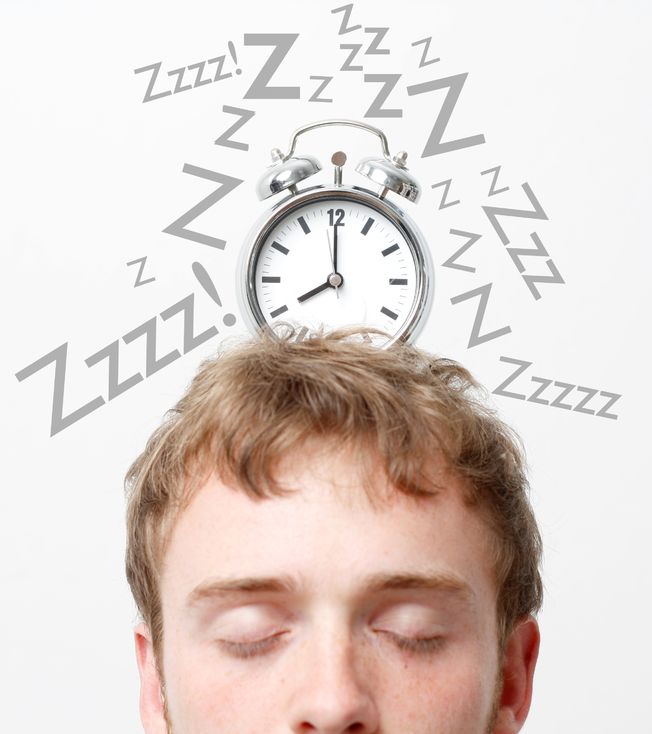Sleep may sound like an easy task, but it can take some work to truly get the quality rest you deserve. As the field of sleep medicine continues to grow and the benefits of Grade A snooze being recognized around the world, you may be holding on to false beliefs about how to get back on track with your shut-eye. Check these myths that The Huffington Post wants you to know the real truth about:
Myth #1 –Wake up for 20 minutes during the night means only losing 20 minutes of sleep: This misconception couldn’t be more false. In reality, disrupted sleep has the same effects as sleep deprivation. Sleep quality is just as important to our daily lives and health. You’ll be more irritable, tired, depressed and have a hard time remaining productive throughout the day.
One groundbreaking study found that participants who were woken up four times for 10-15 minutes during the night also performed poorly on attention tasks along with their poor mood.
Myth #2–If I lie in bed, sleep will just come to me: If you know you are going to be staring at the ceiling for awhile, you are already setting yourself up for a rough night and a future of insomnia.
Lying in bed for 15-20 minutes is without falling asleep is enough time for your body and mind to begin to associate your bed with being awake, with feelings of drowsiness getting further away and your mind stresses about work, your to do-list and you have to fight the temptation to head back over to Pinterest for one last pin!
So what should you do? Get up and leave the room for non-stimulating, relaxing activities somewhere else. This could include reading a boring manual, writing in a gratitude journal, listening to soft music or practicing some meditation. The main thing is to keep the lights dim or off and avoid electronics so that your brain won’t think it’s daytime.
Myth #3 –My internal clock is inside my brain: While the master clock does reside inside your brain, just about all of your organs, fat and skeletal muscle have their own daily rhythm or schedule to stick for optimal functioning, which explains why you feel groggy after sleeping in all weekend or jet lag.
Over the years, consistently throwing off your internal clock through frequent jet lag, shift work or taking the overnight shift increases your risk for serious diseases, including cancer and heart disease.
Learning more about sleep can change your perspective can help you commit to making changes to improve your life. Get tucked in for early tonight with no distractions, just you and Grade A sleep for a bright morning full of happiness and productivity!


No comments yet.